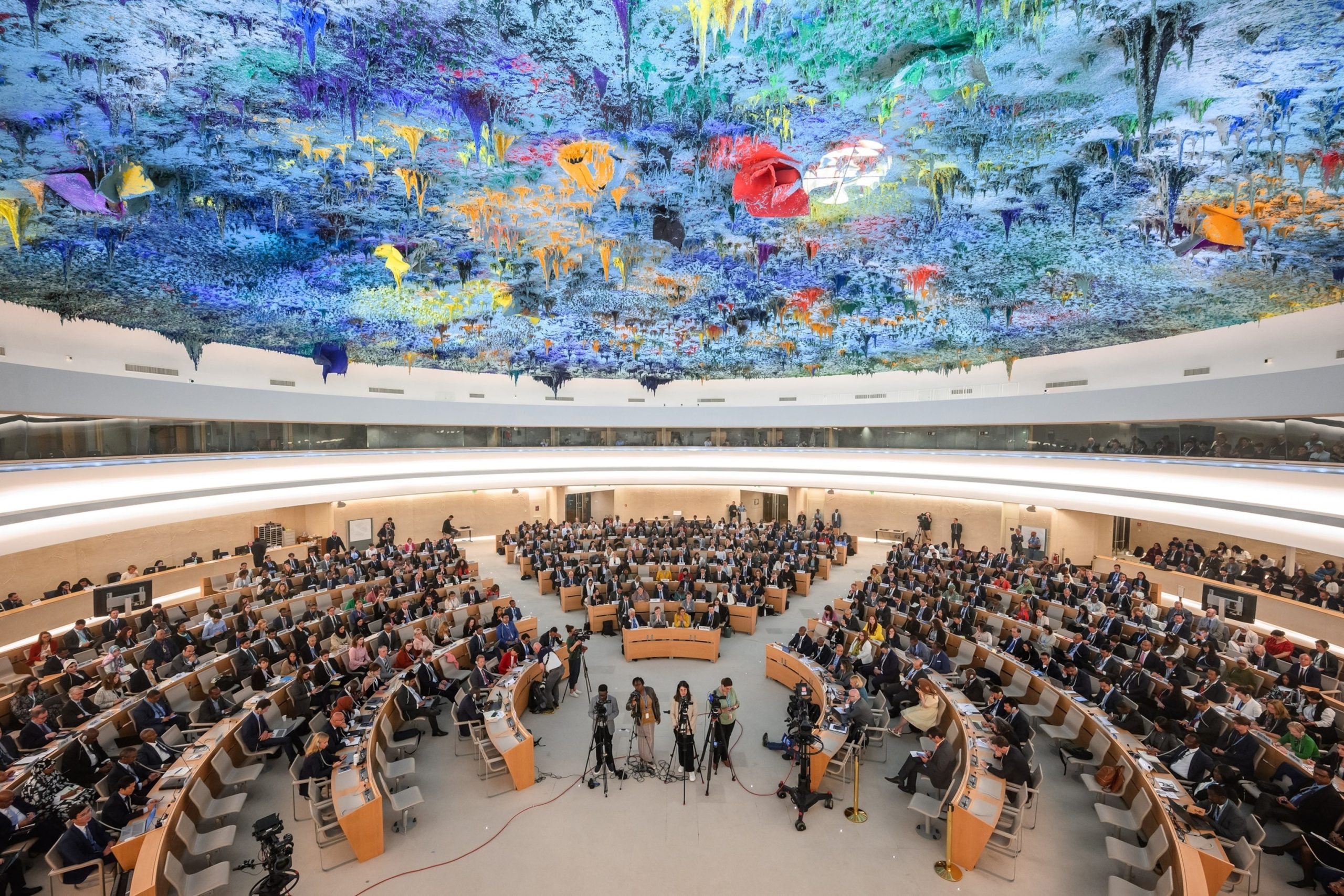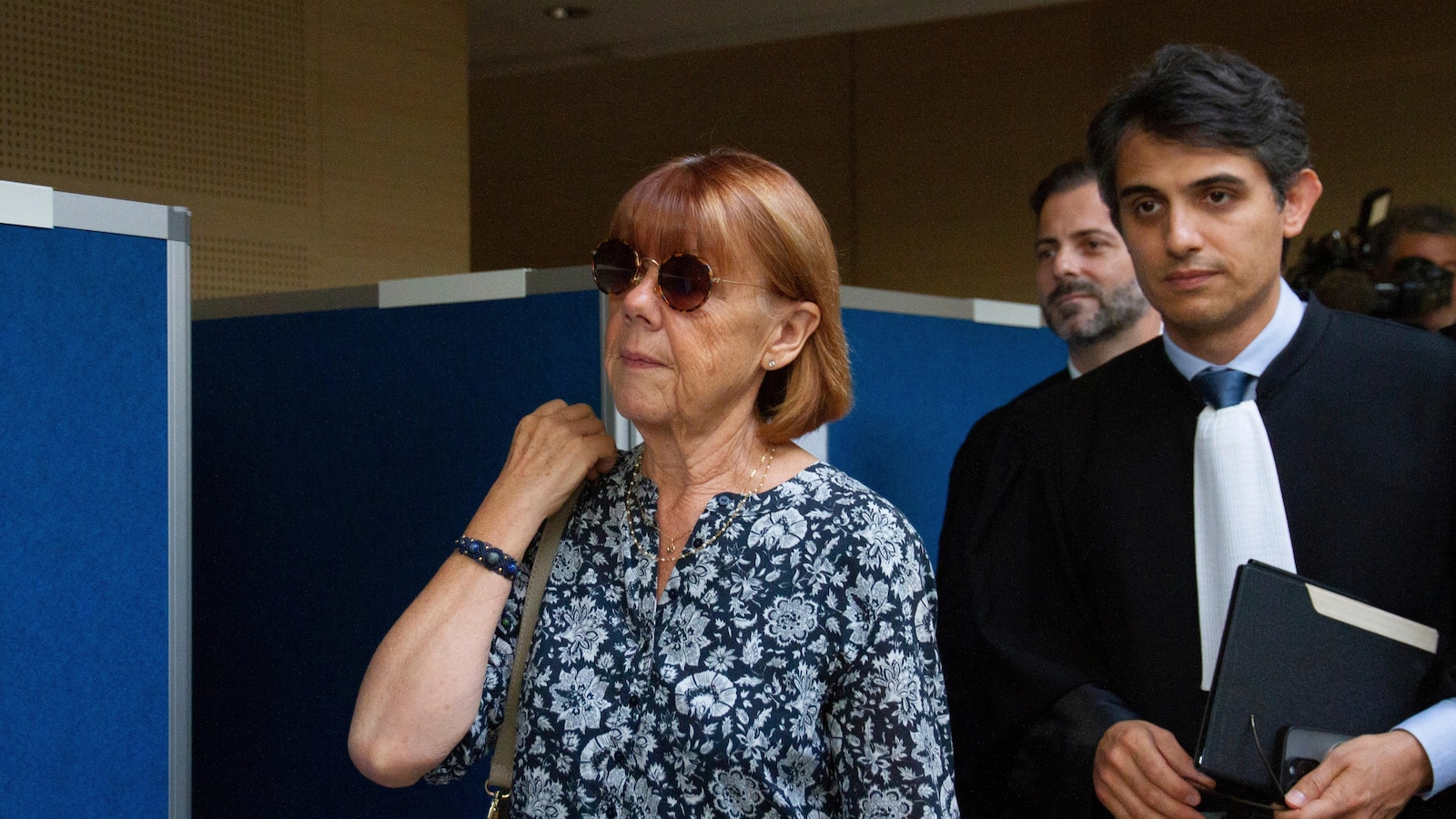
LYON, France — A French court ruled on Monday that the American man accused of sexually assaulting a Pennsylvania college student in 2013 and later sending her a Facebook message that said, “So I raped you,” can be extradited to the United States.
Ian Cleary, 31, of Saratoga, California, was detained in April in the city of Metz in northeastern France after a three-year search. He has been held in custody pending extradition proceedings since his arrest.
The Court of Appeal in Metz said that Cleary can be extradited. When asked if he wished to be extradited or not, in line with French law, Cleary refused, prosecutors said in a statement Monday. His refusal may delay the extradition process, but it won’t stop it.
The ruling is final. Cleary’s case is now the responsibility of the French Justice Ministry, which must prepare and submit the extradition order for the French prime minister. While he awaits the prime minister’s signature, Cleary remains detained in France.
Justice Ministry officials didn’t immediately respond to a request for comment.
Cleary had been the subject of an international search since authorities in Pennsylvania issued a 2021 felony warrant in the case weeks after an Associated Press story detailed the reluctance of local prosecutors to pursue campus sex crimes.
The arrest warrant accuses Cleary of stalking an 18-year-old Gettysburg College student at a party, sneaking into her dorm and sexually assaulting her while she texted friends for help. He was a 20-year-old Gettysburg student at the time, but didn’t return to campus.
The Gettysburg accuser, Shannon Keeler, had a rape exam done the same day she was assaulted in 2013. She gathered witnesses and evidence and spent years urging officials to file charges. She went to authorities again in 2021 after discovering the Facebook messages that seemed to come from Cleary’s account.
“So I raped you,” the sender had written in a string of messages.
“I’ll never do it to anyone ever again.”
“I need to hear your voice.”
“I’ll pray for you.”
The AP doesn’t typically identify sexual assault victims without their permission, which Keeler has granted. The accuser’s lawyer in Pennsylvania, reached on Monday, declined to comment on the development.
According to the June 2021 warrant, police verified that the Facebook account used to send the messages belonged to Ian Cleary. Adams County District Attorney Brian Sinnett, who filed it, declined to comment on developments when reached Monday.
After leaving Gettysburg, Cleary earned undergraduate and graduate degrees from Santa Clara University, near his family home in California, worked for Tesla, and then moved to France for several years, according to his website, which describes his self-published medieval fiction.
Keeler, originally from Moorestown, New Jersey, stayed on to graduate from Gettysburg and help lead the women’s lacrosse team to a national title.
By 2023, two years after the warrant was filed, Keeler and her lawyers wondered how he was avoiding capture in the age of digital tracking. The U.S. Marshals Service thought he was likely overseas and on the move, even as he was the subject of an Interpol alert called a red notice.
Across the U.S., very few campus rapes are prosecuted, both because victims fear going to police and prosecutors hesitate to bring cases that can be hard to win, the AP investigation found.
Keeler, when the warrant was issued, said she was grateful, but knew it only happened “because I went public with my story, which no survivor should have to do in order to obtain justice.”
___
Dale reported from Philadelphia.
A French court has approved the extradition of an American man who has been detained in France for several months. The man, whose identity has not been disclosed, is wanted in the United States on charges of fraud and money laundering.
The decision to extradite the man was made by the Paris Court of Appeal, which ruled that there was sufficient evidence to justify sending him back to the US to face trial. The man’s lawyers had argued against the extradition, claiming that he would not receive a fair trial in the US and that he could face harsh treatment if sent back.
The case has attracted significant attention due to the high-profile nature of the charges against the man. He is accused of defrauding investors out of millions of dollars through a series of fraudulent schemes, including a Ponzi scheme that promised high returns on investments.
The extradition process has been complicated by the fact that the man holds dual citizenship in both the US and France. This has raised questions about which country has jurisdiction over his case and whether he should be tried in one country or the other.
The decision to extradite the man has been met with mixed reactions. Some have praised the French court for upholding the rule of law and ensuring that justice is served, while others have expressed concerns about the fairness of the US legal system and the potential consequences for the man if he is sent back.
It remains to be seen when the man will be extradited to the US and how his case will proceed once he is back in his home country. In the meantime, the extradition decision serves as a reminder of the complexities and challenges involved in international legal cases, particularly when they involve individuals with dual citizenship.


